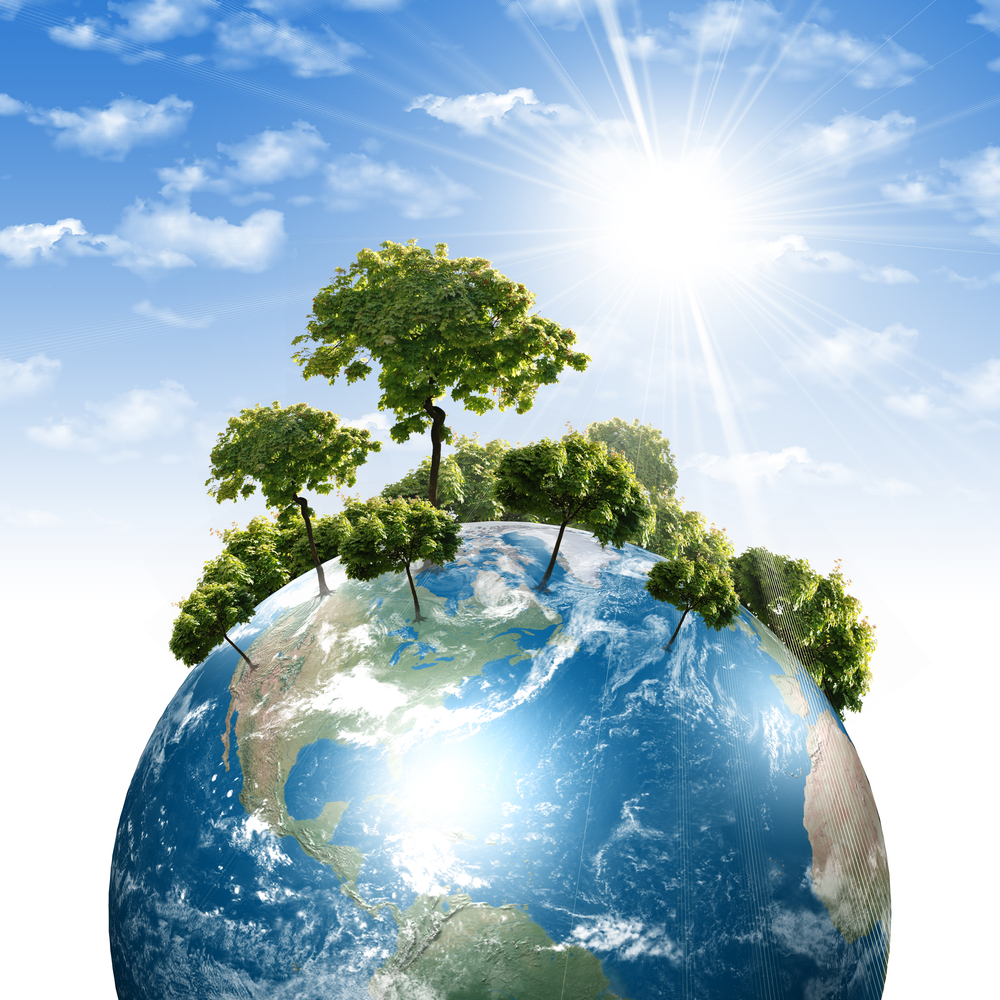The Truth about the Historical Jesus? — Part 4–Earth Day

As Progressive Christians we are called to take time and consider the Earth, this Earth Day, April 22nd, 2008. Some of us make New Years resolutions. Let us all make Earth Day resolutions. Do something. Recycle more. Save more energy. Support and promote the enhancement of recycling and energy saving programs. Expansion of these programs is inevitable. There is nowhere left to put our garbage, which is all recyclable ultimately. Let Jesus inspire us to do more for the Earth’s health.
Jesus was a man who enjoyed wandering the beautiful Galilean countryside, its mountains, valleys, streams, its great river, the Jordan, and its great fresh water lake, the Sea of Galilee. Though he visited the local synagogues in the small towns of Galilee, he avoided all the larger cities with the one exception of Jerusalem. He did not need human-made places to find God, or find a place to pray. On the contrary, the portrait of Jesus from the earliest source suggests a man who found a beautiful, compassionate and nurturing God in Nature.
In the earliest source, there is a strong element of faith in Nature and implied stewardship for Nature. In Jesus’ day there was no concept of “Mother Nature.” Yet, in Jesus’ teachings, we find an extremely confident new faith in a feminine “Father Nature”, which he likens to God’s kingdom. This faith is prominent in our earliest source for Jesus, the source scholars refer to as “Q1”. Q1 is incoporated into the gospels of Matthew and Luke. Although its exact wording is debated, here are a few quotes of one translation relevant to Earth Day:
Love your enemies, do good…and you will be children of God. For He makes His sun rise on the evil and the good; He sends rain on the just and the unjust
A good tree does not bear rotten fruit; a rotten tree does not bear good fruit. Are figs gathered from thorns, or grapes from thistles? Every tree is known by its fruit
Everyone who hears my words and does them is like a man who built a house on rock. The rain fell, a torent broke against the house, but it did not fall, for it had a rock foundation.
Foxes have dens, and birds of the sky have nests, but the son of man has nowhere to lay his head.
Go. Look, I send you out as lambs among wolves.
Give us each day, our daily bread
What father of yours, if his son asks for a loaf of bread, will give him a stone, or if he asks for a fish, will give him a snake?
Can’t you buy five sparrows for two cents? Not one of them will fall to the ground without God knowing. Even the hairs on your head are all numbered. So don’t be afraid.
Think of the ravens. They do not plant, harvest, or store grain in barns, and God feeds them.
Think of the way lilies grow. They do not work or spin. But even Solomon’s Temple in all it’s glory was not arrayed like on of these. If God puts beautiful clothes on the grass today and tomorrow throws that grass in a furnace, won’t he put clothes on you, the faint of hearts?
The kingdom of God is like a grain of mustard seed which a man took and planted in his garden. It grew and became a large bush, and the birds of the air made nests in its branches.
The kingdom of God is like yeast which a woman took and hid in three measures of flour until the yeast leavened the whole mass.
Salt is good; but if salt loses its taste it cannot be restored. It is not good for either the land or the manure pile.
